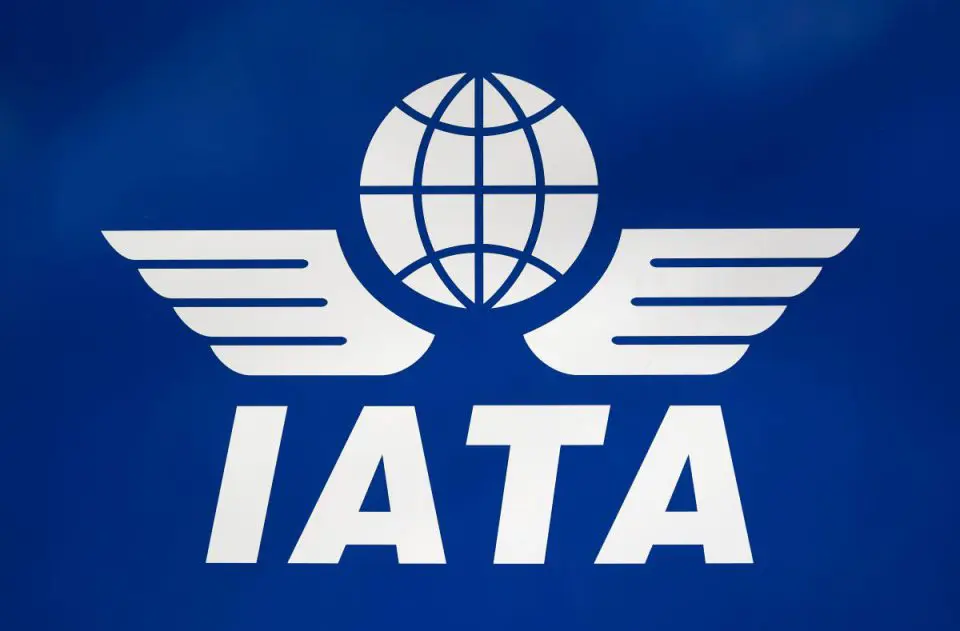KUALA LUMPUR, Jan 31 — The global air freight markets showed that air cargo demand rebounded in 2023 with a particularly strong fourth quarter performance despite economic uncertainties, with full-year demand reaching a level just slightly below 2022 and 2019, said the International Air Transport Association (IATA).
In a statement today, it said global full-year demand in 2023, measured in cargo tonne-kilometres (CTKs), was down 1.9 per cent compared to 2022 (-2.2 per cent for international operations), while in comparison to 2019, it was down 3.6 per cent (-3.8 per cent for international operations).
Capacity in 2023, measured in available cargo tonne-kilometres (ACTKs), was 11.3 per cent above 2022 (+9.6 per cent for international operations), and compared to 2019 (pre-Covid) levels, capacity was up 2.5 per cent (0.0 per cent for international operations).
“December 2023 saw an exceptionally strong performance, with global demand posting 10.8 per cent above 2022 levels (+11.5 per cent for international operations).
“This was the strongest annual growth performance over the past two years. Global capacity was 13.6 per cent above 2022 levels (+14.1 per cent for international operations),” IATA said.
The trade association for the world’s airlines noted that global cross-border trade recorded growth for the third consecutive month in October last year, reversing its previous downward trend.
“December inflation in both the United States and the European Union, as measured by the corresponding Consumer Price Indices (CPI), stayed below 3.5 per cent year-on-year.
“China’s CPI, however, indicated deflation for the third consecutive month, raising concerns of an economic slowdown,” it shared.
Additionally, IATA said both the manufacturing output and new export order Purchasing Managers Indexes (PMIs) — two leading indicators of global air cargo demand — continued to hover below the 50-mark in December, indicating contraction.
“Despite political and economic challenges, 2023 saw air cargo markets regain ground lost in 2022 after the extraordinary Covid peak in 2021.
“Although full-year demand was shy of pre-Covid levels by 3.6 per cent, the significant strengthening in the last quarter is a sign that markets are stabilising towards more normal demand patterns.
“That puts the industry on very solid ground for success in 2024. But with continued, and in some cases intensifying, instability in geopolitics and economic forces, little should be taken for granted in the months ahead,” said its director-general Willie Walsh.
On another note, in November and December, air cargo experienced a modest rise in demand and yields due to disruptions in the Red Sea, while data for the last half of December showed normalisation of demand and yields.
“The recent disruption to maritime routes in the Red Sea has seen some shippers pivot to air cargo. The increased demand saw a spike in air cargo yields on related trade lanes.
“A similar spike is expected in January as disruptions intensified. While not all cargo is suitable for air transport, it is a vital option for some of the most urgent shipments in extraordinary circumstances.
“And that is critical to the continuity of the global economy,” he added.
— Bernama





